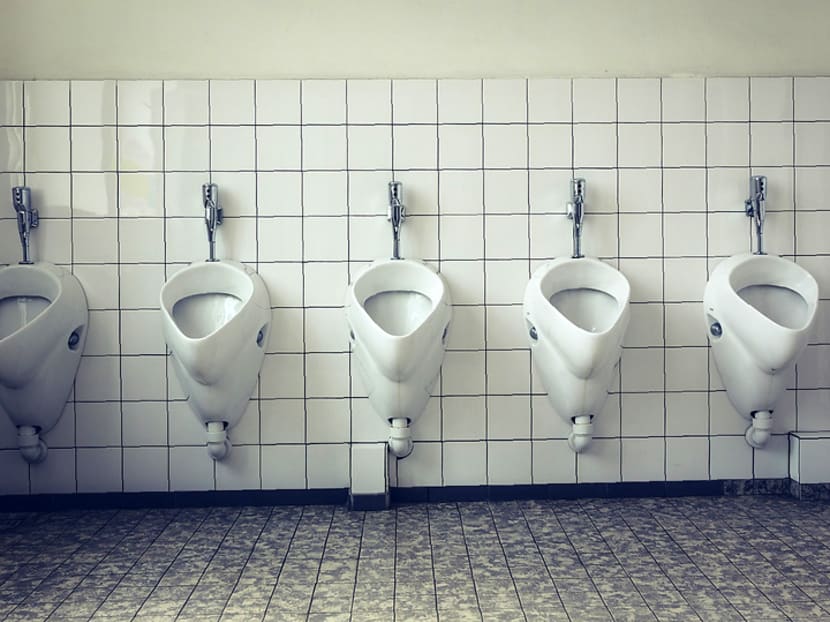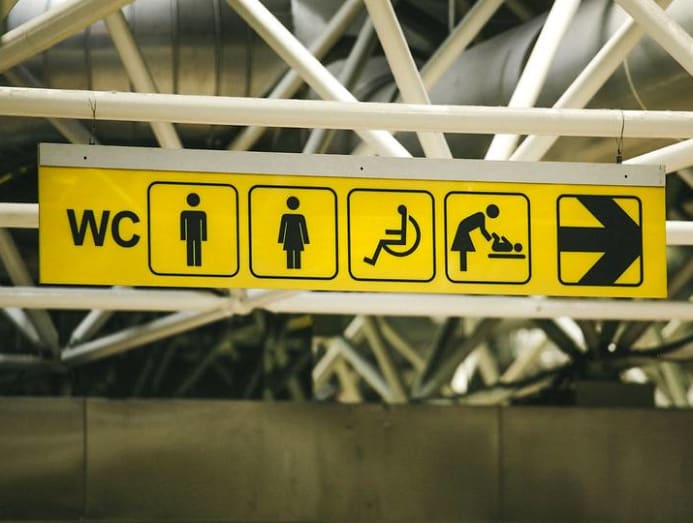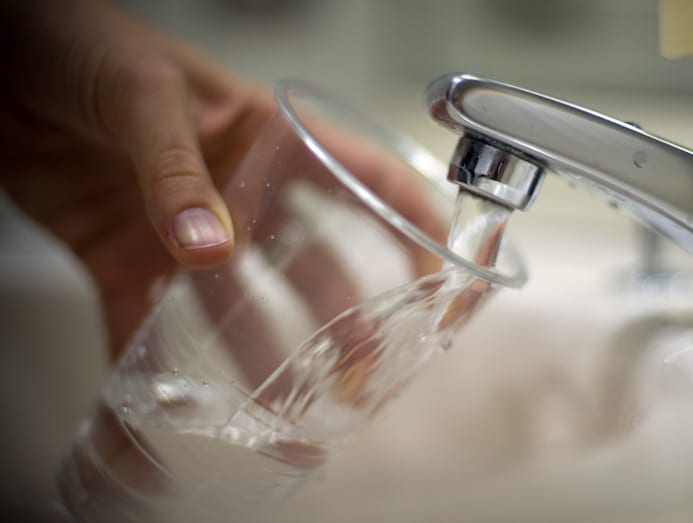commentary Commentary
Commentary: Holding your pee in and the snarl of applying mass healthcare advice
A local news report suggested holding your pee in is safe for most people. National University Hospital’s Dr Fiona Wu explores if that's really the case.

(Photo: Pixabay)
SINGAPORE: A 29-year-old young working professional visited our clinic complaining of difficulty with urinating.
She had trouble starting and often felt that she could not complete voiding. She also had a slow flow.
After some questions, we found out she also had a habit of holding back peeing due to work commitments. She went to the toilet only twice a day and drank very little fluids.
After a series of tests, we found she had what is known as voiding dysfunction, where there is poor coordination between the bladder muscle and the urethra because of a weakening of bladder muscles. This weakening is generally irreversible.
Even with medication, she had to re-learn relaxing her pelvic floor muscles with pelvic floor exercises taught by physiotherapists or specialist nurses.
The only silver lining is her condition thankfully had not affected her kidneys though she needed to be monitored closely for the long term.
HOLDING IN YOUR PEE IS ALRIGHT?
You may have read some news reports suggesting that it is alright to hold your urine. Unless medically advised by urologists, doing so is not suitable for everyone and other urological conditions have to be ruled out first.
WATCH: Is it okay to hold your pee?
The National University Hospital (NUH) Urology Centre sees a good number of patients with overactive bladders and bladder retraining is actually one conservative, non-invasive treatments. This involves holding back urinating for slightly longer intervals after the urge to begin until one’s bladder capacity improves and the patient develops a better controlled urination schedule.

In fact, holding in your pee is a form of treatment for overactive bladders. For stress incontinence which is more common in females, pelvic floor exercise is usually the prescribed treatment. When prescribed by urologists, these forms of holding urine are safe for healthy people.
NOT FOR THOSE WITH DIABETES, SPINAL CORD ISSUES OR PELVIC SURGERY
However, holding back urination might come with risks for some groups of people - including those with primary neurological conditions, spinal cord injuries, spinal cord congenital conditions, or stroke, as well as those who have had pelvic surgeries or diabetes.
READ: Unable to look sideways? Unusual signs of diabetes often unnoticed, ignored or denied, a commentary
They may drink normal amounts of fluids but have a poor sense of how much water is in their bladder and use the toilet infrequently. Holding back urine can increase their risk of urinary tract infections, developing dysfunctional voiding or kidney disorders.
They have to be monitored carefully for urological complications. In a worst case scenario, they may require a catheter.
NOT FOR THOSE WITH PROBLEMS WITH PEEING
Sometimes people also experience problems with peeing – nothing comes out despite feeling an urge to use the bathroom. This usually happens to young, otherwise healthy, females. Many of these patients we have seen have the habit of holding back urination because of work or because they fear public washrooms may be dirty.
They may also have poor fluid intake and constipation. Some experience a very slow stream. Many only seek medical attention when they have urinary tract infections. Contrary to intuition, we would advise patients like these to drink more water and urinate more frequently.

Physiotherapy may also be recommended so that they learn to relax their pelvic floor.
Lastly, patients who have recurrent urinary tract infections should not hold back urination if they experience a strong urge to go to the bathroom after drinking fluids because this may cause another infection if there is stagnant urine in their bladder.
During an acute urinary infection, they should consume more water and urinate when they have a strong urge to, after seeing a doctor and being treated with antibiotics. After recovery, they should keep up with the good work of consuming more water (ranging from 1.5 to 3 litres, depending on body weight) and practise urinating regularly.
A normal, healthy person can hold their pee for about two to three hours, depending on fluid consumption, but anything longer might be problematic.
Anyone with these symptoms and those with difficulties peeing should seek help from their family doctors or see a urologist. We often advise patients to be wary about applying widely dispensed medical advice as diagnoses can vary from patient to patient.
Sticking to one without fully appreciating how their medical history might affect them in a unique way might not be the best idea.
All patients have their own conditions and stories and we cannot have a one-advice-fits all model to healthcare. It is best to consult a specialist and get a tailored plan if you have problems in the bathroom.
Dr Fiona Wu is an associate consultant from the Department of Urology at National University Hospital.





